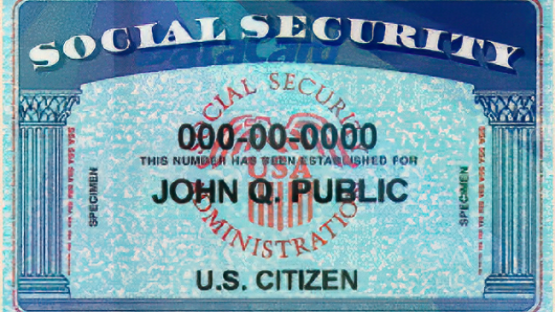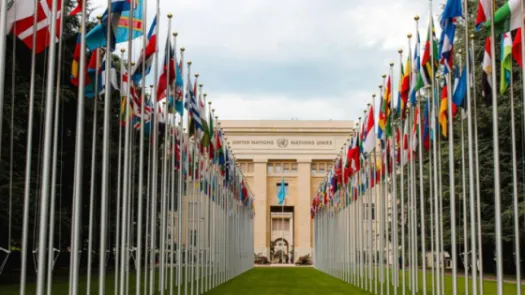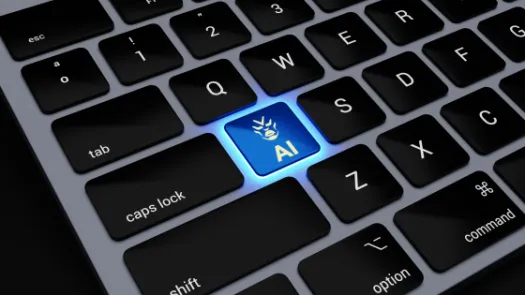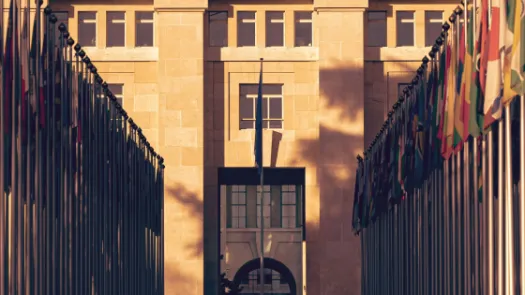
…it protects our access to social security
Society should help individuals to freely develop and support them in reaching their full potential.

From 2019 to 2020, citizens of economically disadvantaged neighborhoods in the Netherlands were subject to unlawful invasion of their privacy by the Dutch government’s automated welfare fraud detection system. The system is known as System Risk Indicator (SyRI), and the Dutch government used it to generate risk scores for individual citizens by combining personal data including “identity, labor, personal estates and property, education, pension, business, income and assets, pension and debts. And the list does not stop there.”
The Dutch government deployed the algorithm against citizens only in what it called, “problem areas” where it claimed welfare fraud rates were high. These problem areas were among the most economically disadvantaged neighbourhoods in the Netherlands, and several contained higher-than-average rates of immigrants. Applying SyRI to these neighbourhoods “confirms the image of a neighbourhood as a problem area, contributes to stereotyping and reinforces a negative image of the occupants of such neighbourhoods.”
A coalition of Dutch welfare and digital rights NGOs challenged SyRI in the legal system, concerned that the discriminatory and stigmatizing use of SyRI could have chilling effects on local residents’ access to social security and other welfare benefits. In February 2020, the Dutch court sided with the NGOs, ruling that the Dutch government’s use of SyRI was unlawful because it did not fairly balance citizen’s right to privacy against the potential good of preventing welfare fraud.
Briefly after, the Dutch government stated that it would not appeal the court’s decision, ending the discriminatory and privacy-invading use of SyRI for good. Other governments, however, continue to invest heavily in developing automation for their welfare system.
As PI emphasized in its response to the SyRI decision, privacy protects our ability to opt out of data collection and algorithmic decision-making that might unfairly limit our access to welfare. Our right to social security is universal and should not depend on our willingness to submit to government surveillance and monitoring.
Everyone, as a member of society, has the right to social security and is entitled to realization, through national effort and international co-operation and in accordance with the organization and resources of each State, of the economic, social and cultural rights indispensable for his dignity and the free development of his personality. Article 22, Right to social security



